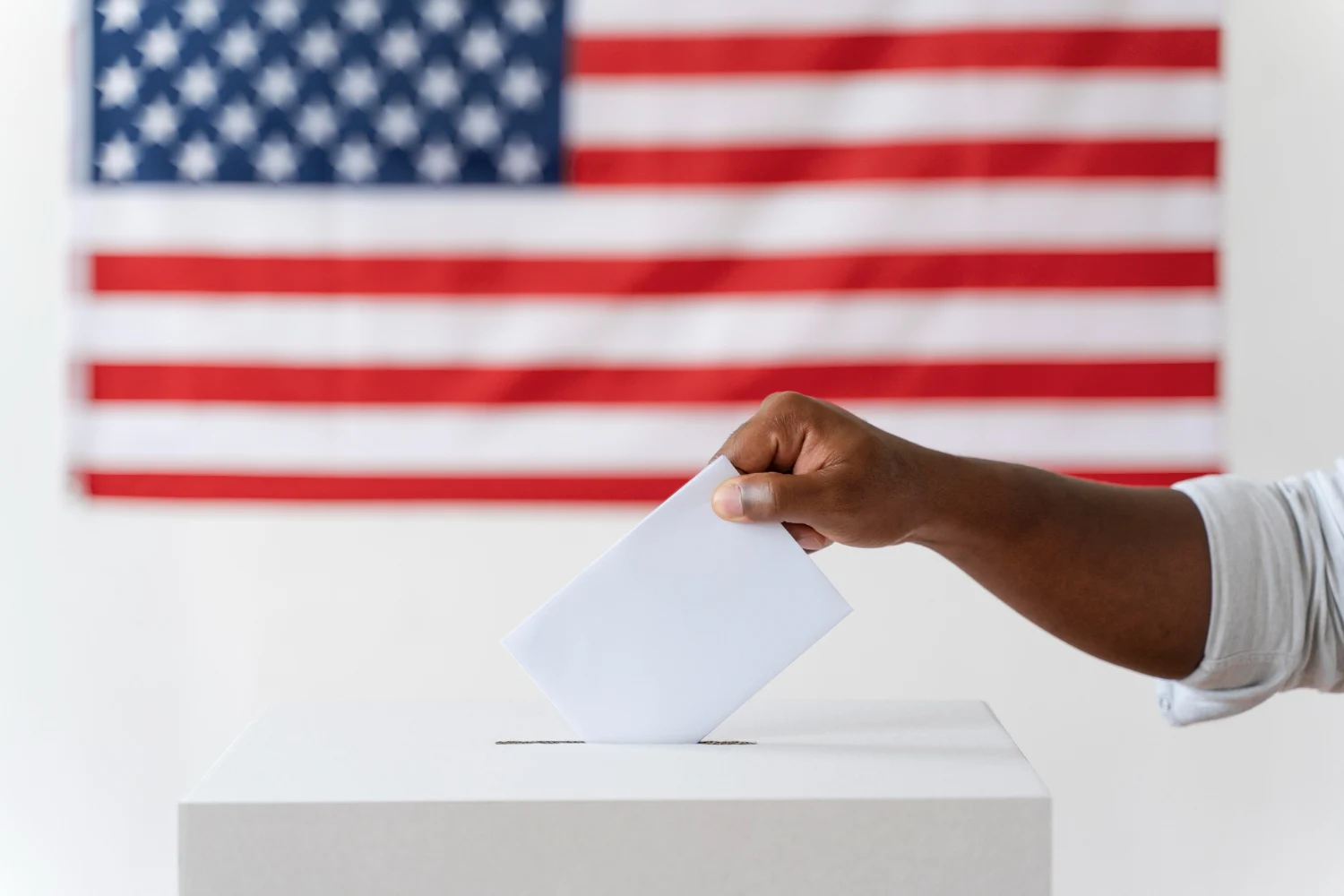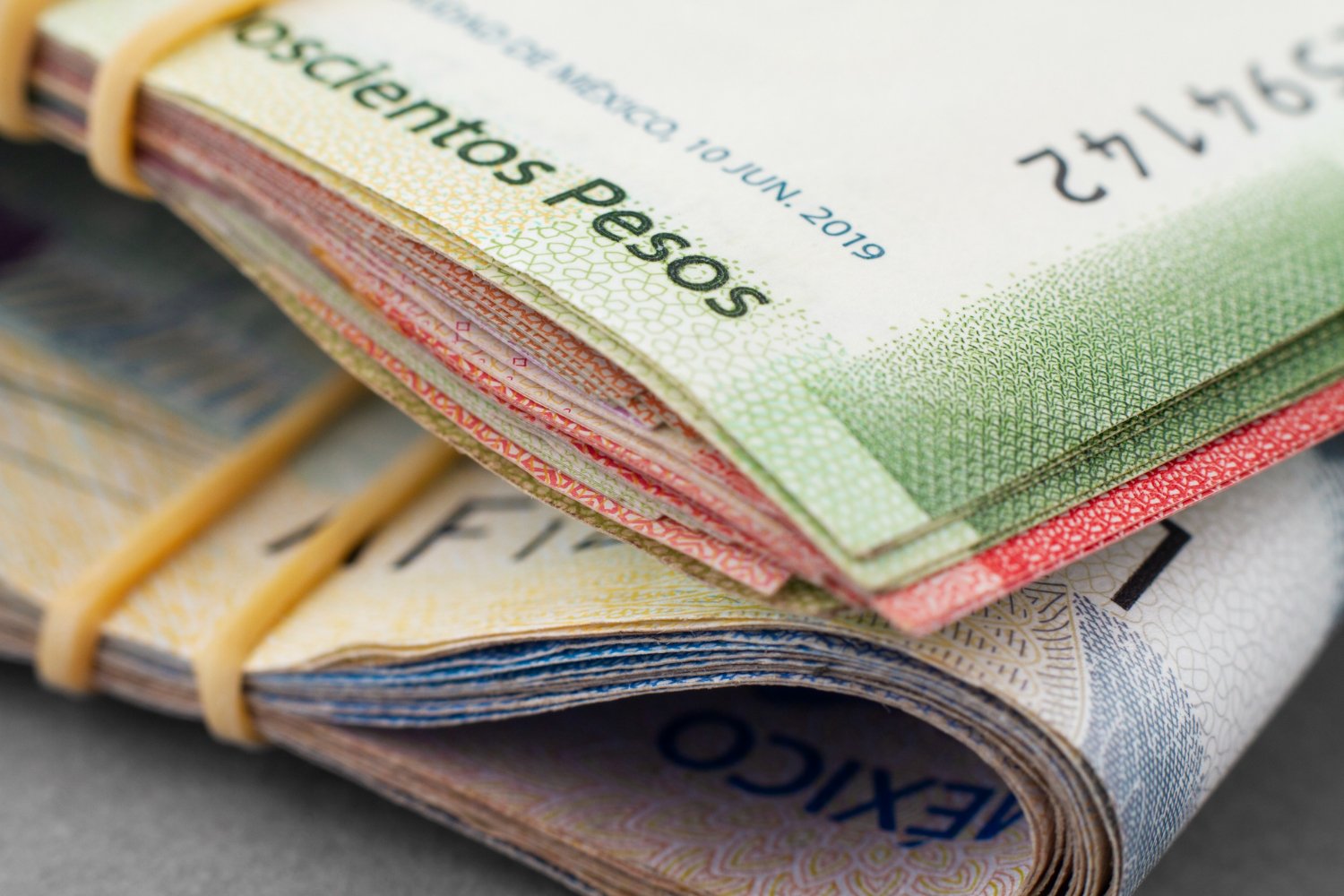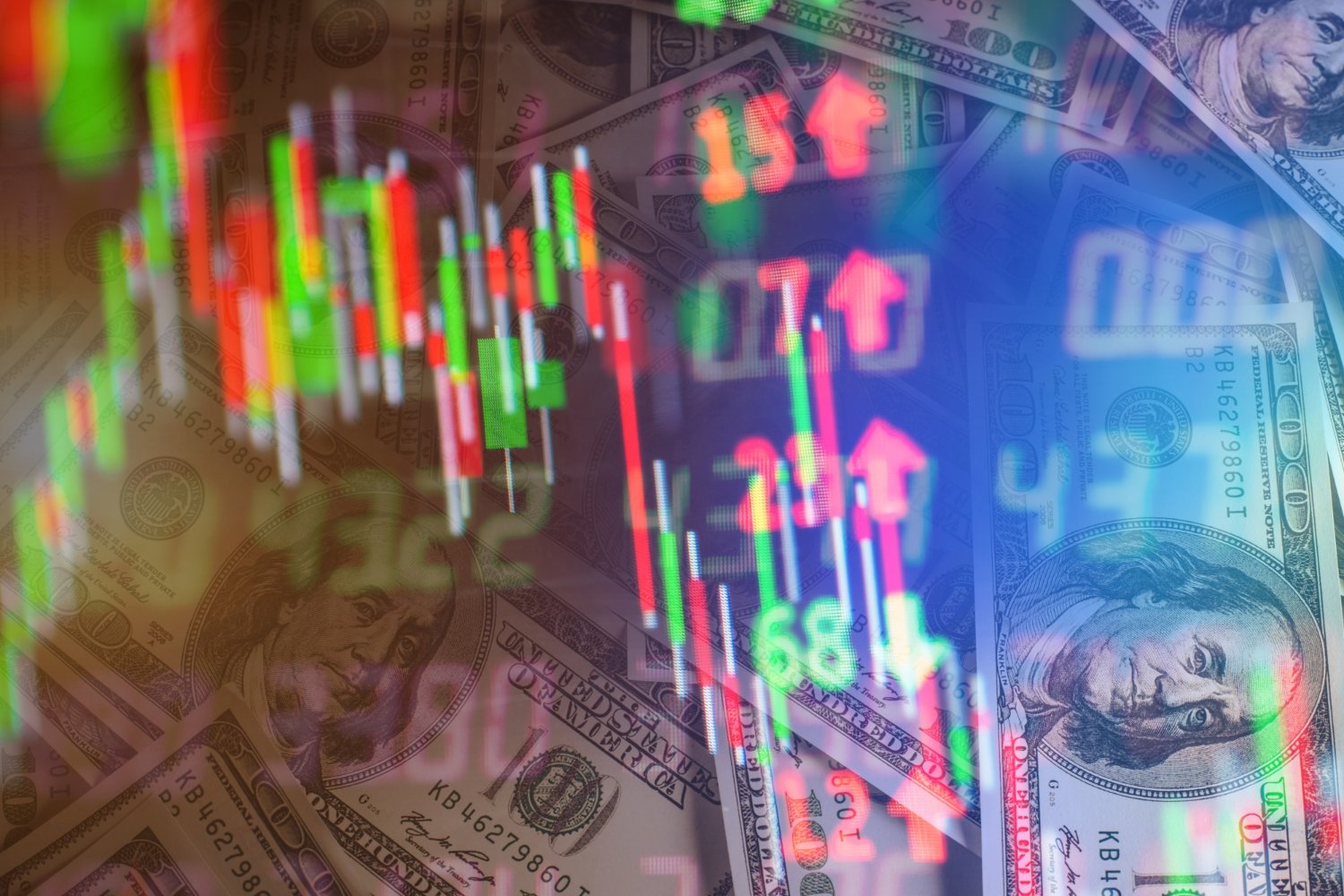
- media@moneyinfocus.news

Donald Trump may still win the knife-edged presidential election according to a prediction model from Professor John Antonakis of HEC Lausanne at the University of Lausanne in Switzerland and his colleague, Professor Philippe Jacquart from Emlyon business school in France.
Their model shows that three key factors will help determine the result: the state of the economy, incumbency and charisma. Kamala Harris has less charisma than Donald Trump based on an analysis of their acceptance speeches at the respective party conventions.
Then there’s the incumbency advantage: sitting presidents are more likely to win. But in this election there is no incumbent. Taking these three factors into account Trump looks set to beat Harris.
“If Harris were much more charismatic than Trump, she would have this election in the bag; however, she is not. Thus, this election will be closely contested with Trump having an edge,” says Professor Antonakis.
The professors have extended and revised Professor Ray Fair of Yale University’s econometric election model to include a measure of charisma to predict the likely electoral college winner. A retrospective, out-of-sample analysis using the revised model correctly calls 25 of the last 27 elections – a 92.59% success rate.
The incumbency factor: Normally, there would be an advantage for a sitting president running for the second time. However, because Joe Biden is not running for re-election, neither of the two candidates has an incumbency advantage. If voters agree and do not see Harris as an incumbent, the economic-only model predicts that the Republicans will win 273 college votes vs. 265 for the Democrats.
Charisma – does it matter? Yes, when economic signals are weak or a bit confusing, charisma matters more. When the charismatic leadership differences between the two candidates are compared, Harris has a score of 49.22%, with Trump just edging out Harris at 52.92%. These scores are based on their acceptance speeches, which were coded for the presence or absence of nine charismatic leadership signals.
After accounting for differences in the length of their speeches, Trump beat Harris on the majority of charisma signals, including articulating ambitious goals, confidence in goals, using metaphors, rhetorical questions, lists and repetitions and in signalling the sentiments of the collective. Harris did better than him when it came to storytelling, using contrasts, and signaling her morals.
When the charisma factor is included, the model, with neither candidate being an incumbent suggests Trump will win with 295 electoral college votes to Harris’ 243. However, in the unlikely scenario that the electorate were to consider Harris as the incumbent, she would get 276 electoral college votes to Trump’s 262!
Confusing economic picture: Based on economic growth and inflation, the model indicates that the economy is in good shape, but high inflation has led to uncertainty, with many feeling the pain of rising prices. How this will play out in swing states on election day is unclear.

We are a dynamic daily channel dedicated to delivering essential insights on economics, business, and politics—empowering professionals and decision-makers to navigate a complex and fast-evolving world. Our content blends in-depth reporting, exclusive analysis, and strategic interviews to help readers stay informed, anticipate opportunities, and make smarter decisions. Connect with us at info@moneyinfocus.news
to collaborate or learn more.













